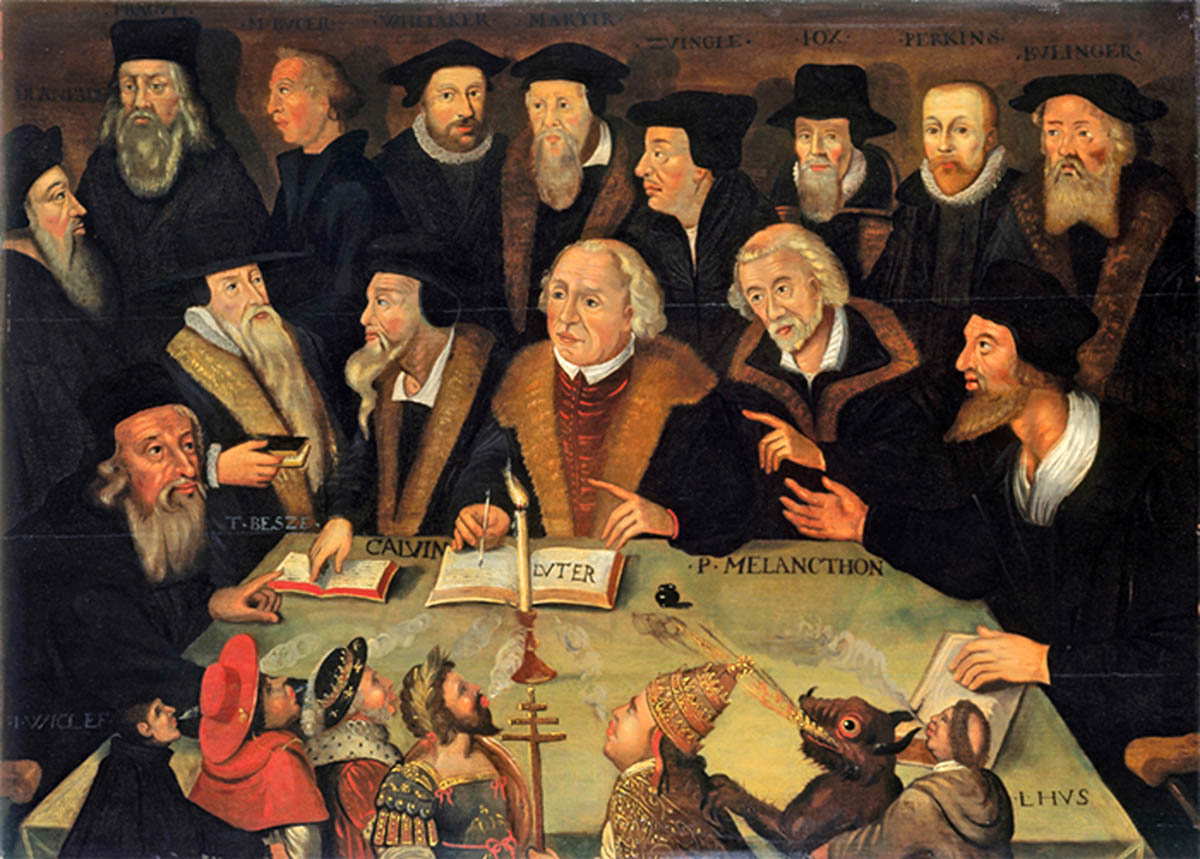Systematic Theology and Narrative Theology

Systematic Theology inherently disagrees with Narrative Theology on the grounds of lacking coherence and empirical rigor, arguing that a reliance on personal and communal stories may lead to subjective interpretations of salvation. Systematic theologians emphasize the need for clearly defined doctrines and structured theological arguments, contending that these are necessary for maintaining the integrity and universality of Christian beliefs. In this section, we will engage with these critiques to demonstrate that Narrative Theology is philosophically robust in addressing other complex theological issues like suffering and the experience of God.
Julian of Norwich's mystical writings provide a useful counterpoint to the rigidity of Systematic Theology. Julian's emphasis on encountering God through personal experiences of divine love highlights that deep theological insights can be drawn from subjective experiences. Systematic theologians might argue that these mystical experiences lack the textual grounding necessary for doctrinal precision, yet Julian's revelations show that personal narratives can reveal profound theological truths. Narrative Theology aligns with this perspective, suggesting that divine encounters are not confined to doctrinal formulations but are lived out in the everyday experiences of believers.
Tinker's American Indian Theology further critiques the abstract nature of Systematic Theology by emphasizing a deep connection to the world and the sacred within it. Indigenous spiritual traditions prioritize stories, rituals, and a holistic connection with nature as pathways to understanding the divine. This approach resonates with Narrative Theology, which similarly grounds faith in the concrete realities of life, rather than abstract doctrines. By recognizing the sacred in the natural world and communal narratives, Tinker's theology offers a rich, experiential understanding of divine presence that challenges the purely intellectual focus of Systematic Theology.
D.T. Suzuki's concept of Satori—a sudden enlightenment in Zen Buddhism—illustrates that profound spiritual understanding often transcends logical deduction. This idea parallels Narrative Theology's emphasis on experiencing God through transformative moments in life, where divine presence is revealed not through intellectual analysis but through direct, personal insight. Systematic Theology may struggle to account for these spontaneous, non-inferential experiences of the divine, which Narrative Theology embraces as central to the journey of faith.
Dostoevsky's The Brothers Karamazov delves into the problem of evil and the challenge of believing in a benevolent God in a world filled with suffering. Through the character of Ivan Karamazov, Dostoevsky explores the deep existential struggle of reconciling the suffering of innocents with the concept of a loving God. Ivan's rejection of theodicies that justify suffering highlights a profound objection to traditional, systematic approaches to theology. Narrative Theology offers an alternative by focusing on how God's presence can be found in the midst of suffering, not by justifying it but by recognizing that God is intimately present in the stories of those who suffer. Rather than abstractly resolving the problem of evil, Narrative Theology finds meaning in how individuals encounter God within their pain, allowing believers to see divine presence as active and compassionate.
Ultimately, while Systematic Theology seeks objective truths and doctrinal consistency, it often lacks the empathetic engagement that comes from addressing faith through personal narratives. Narrative Theology offers a more human-centered approach, acknowledging the messy, unpredictable nature of life and the ways in which God's presence is woven into our personal and communal stories. By engaging with the critiques from Systematic Theology, this project demonstrates that Narrative Theology is not only coherent but also capable of addressing deep theological questions in a way that resonates with the lived experiences of believers.
Return to Home Page